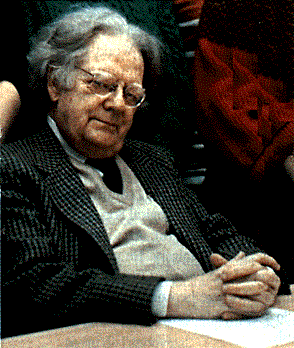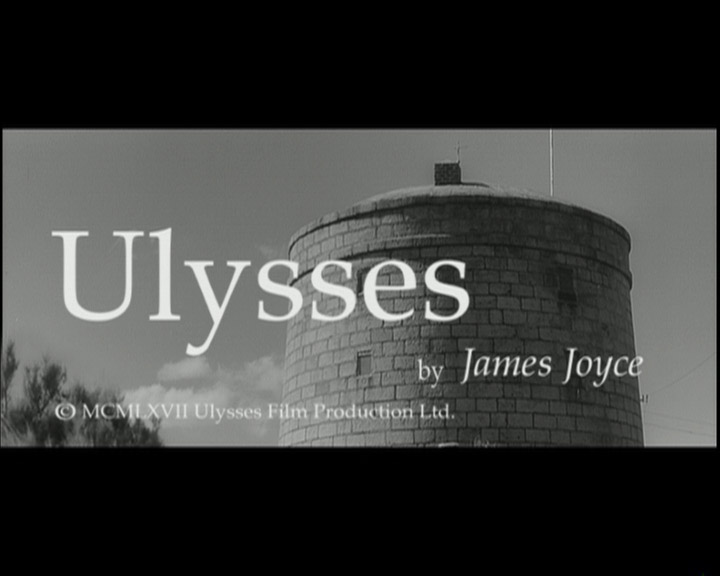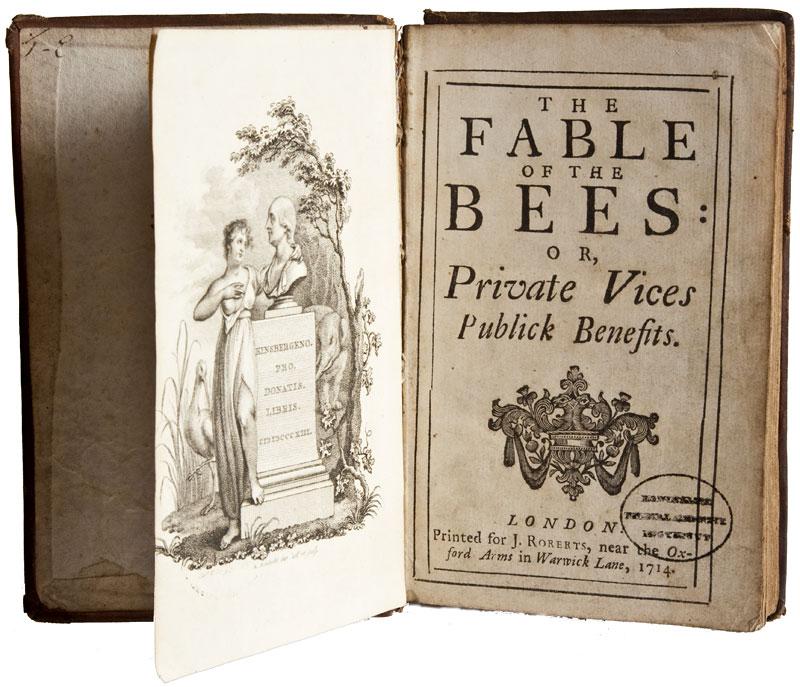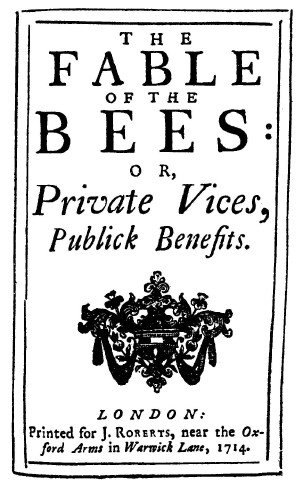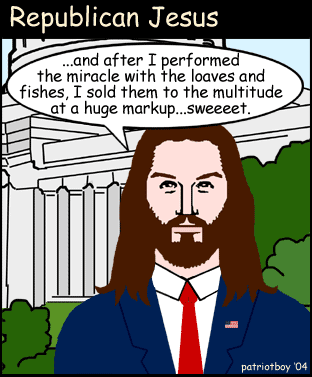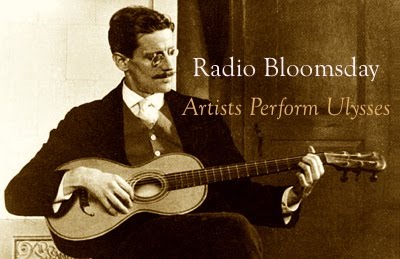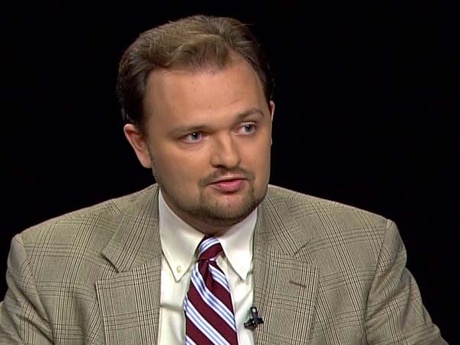
Matt Taibbi applies a welcome smackdown to Ross Douthat of The New York Times. Here he is putting a sleeper hold on Douthat’s new-found pacifism:
Look, people are entitled to have changes of heart. They are also entitled to learn from experience. And most importantly, people are entitled to be wrong. We all are, from time to time. And if people like Ross Douthat emerge from the experience of observing the Iraq and Afghanistan fiascoes finally understanding “the bluntness of war as an instrument of state” and the “difficulty of predicting” any war’s “long-term consequences,” that’s great. I applaud it.
But I don’t buy it. What happened back in ’02 and ’03 can’t be summarized as simply as a policy disagreement that Douthat, through the folly of inexperience, happened to be on the wrong side of. The mere fact that the Douthats of the world supported the war wasn’t what made them so obnoxious.
Much more important was the shameless witch-hunting of antiwar voices, and the impugning of the patriotism of people who advocated the very sort of caution Douthat now claims to endorse. Douthat, remember, contributed to the National Review’s obnoxiously-titled “Kumbaya Watch,” pitched as “the latest in anti-American commentary from the left.” In that column he hounded critics of the president and/or those who didn’t advocate immediate war against the Muslims, and wondered aloud about the political bias of organizations like ABC News (they wouldn’t let their reporters wear American flag lapel pins!).
